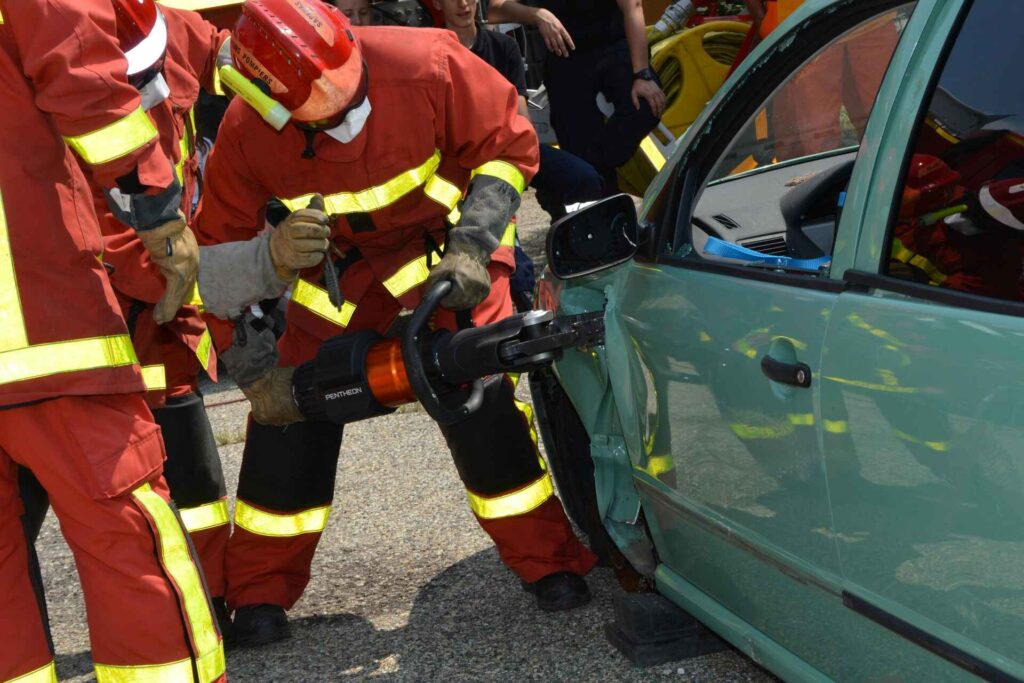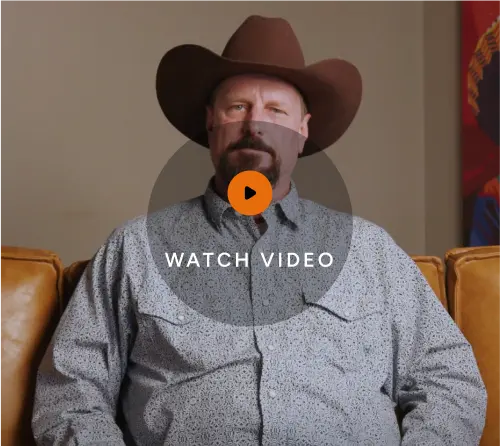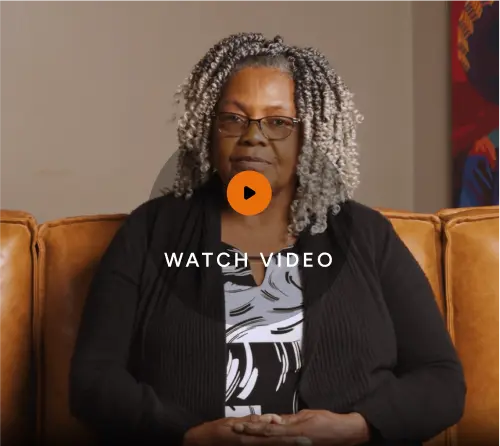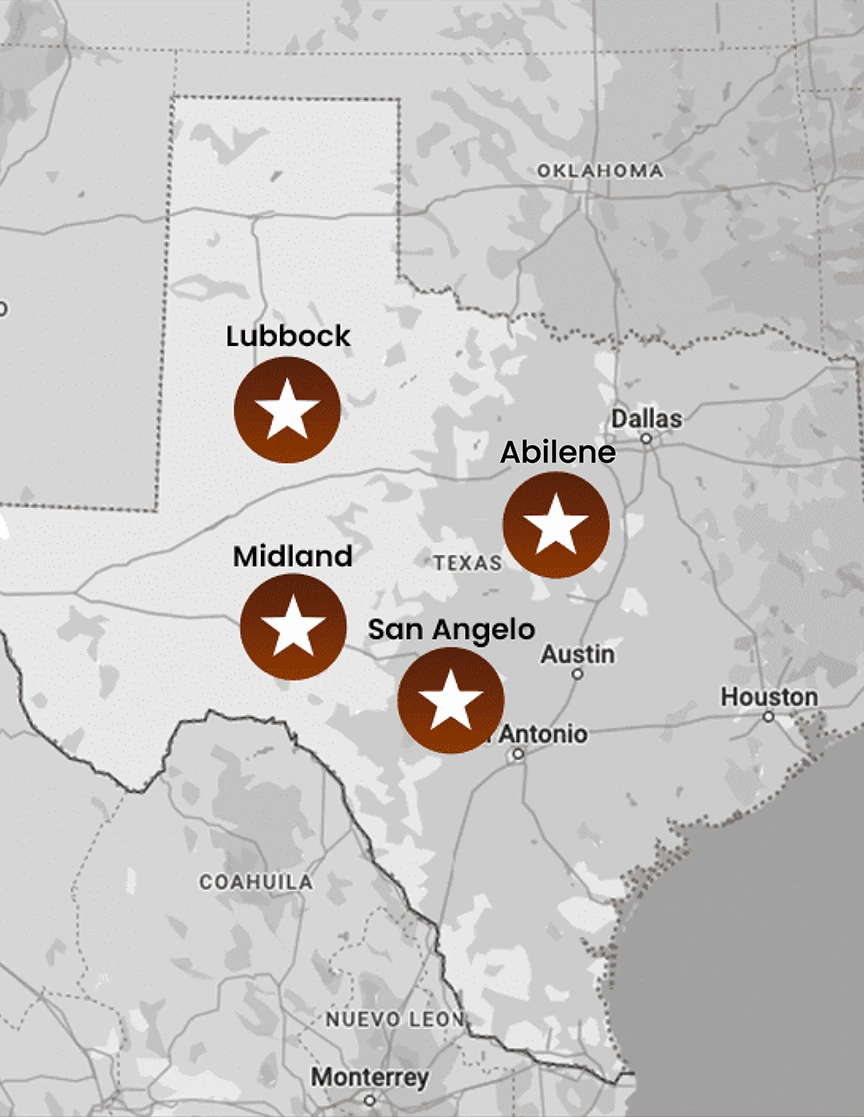After a car accident that’s not your fault in Texas, you should:
- Ensure safety first
- Call 911 to report the accident
- Seek medical attention
- Exchange information with involved parties
- Document the scene with photos and notes
- Notify your insurance company
- Gather witness contact information
- Request a copy of the police report
- Refrain from admitting fault
- Track expenses and damages
- Consult an attorney from Keith & Lorfing

Injured in a car accident that wasn’t your fault? You’re not alone. Contact our experienced Abilene car accident lawyer today to get the justice you deserve!
Car accident not my fault: what to do in detail
Being involved in a car accident that wasn’t your fault can be stressful and overwhelming. However, taking the right steps immediately after a car accident is key to ensuring your safety, protecting your rights, and building a strong personal injury claim.
Here’s what to do if you’re involved in a car accident in Texas:
1. Ensure safety first
Turn on your hazard lights to alert other drivers and move to the side of the road if possible. Assess the extent of your injuries and check on other accident victims at the scene of the accident.
Avoid staying in high-traffic areas to prevent further collisions or harm. Safety is critical for everyone involved in the accident, and taking these steps reduces additional risks.
2. Call 911 to report the accident
Under Texas law, you must report any motor vehicle crash that involves injuries, fatalities, or significant property damage. Calling 911 ensures that emergency responders arrive quickly.
The responding officer will create an accident report containing details like the crash’s date, the party involved, and any possible at-fault drivers. This report is a key piece of evidence for your personal injury claim and any future insurance claim.
3. Seek medical attention
Even if your injuries seem minor, seek medical care immediately after a car accident. Some injuries, such as whiplash or internal trauma, may not show symptoms until later.
Medical treatment ensures that you address any hidden issues and document the extent of your injuries. Medical records and receipts from your care will play a large role in proving your personal injury claim and calculating damages.
4. Exchange information with involved parties
At the scene of the accident, collect insurance information from all parties involved in the collision. Write down their names, phone numbers, auto insurance policy numbers, and license plate numbers.
This information is best for filing an insurance claim with your insurer and for any legal proceedings that may follow. Refrain from discussing fault or making unnecessary comments that could be misinterpreted.
5. Document the scene with photos and notes
Take clear photos of the scene of the accident, including vehicle damage, license plates, road conditions, and any visible injuries. Notes should include the date of the crash, weather conditions, and the location of the collision.
These details can support your claims process and help your car accident lawyer establish liability. A well-documented wreck makes it easier to hold the at-fault party accountable.
6. Notify your insurance company
Provide your auto insurance policy number and stick to factual details. Avoid making recorded statements or discussing fault without consulting a car accident attorney.
Your insurer needs to be informed promptly to ensure compliance with policy requirements and to begin processing your insurance claim.
7. Gather witness contact information
If there were witnesses to the collision, ask for their names, phone numbers, and a brief account of what they saw. Witness statements can strengthen your injury case by providing unbiased evidence of what happened.
A car accident attorney can use this information during the claims process or if you decide to file a lawsuit against the at-fault party.
8. Request a copy of the police report
The accident report will contain critical details, including statements from those involved in the accident, witness accounts, and any citations issued. Request this report from the responding law enforcement agency or the Texas Department of Transportation.
It is a vital document for your personal injury claim and a strong piece of evidence in determining liability.
9. Refrain from admitting fault
Avoid making statements like “I’m sorry” or “I didn’t see you” at the scene of the accident. Such comments can be taken as admissions of fault and may harm your injury case.
Determining fault is a legal process that depends on evidence, such as the accident report and witness statements. Leave this to your car accident lawyer to handle during the claims process.
10. Track expenses and damages
Maintain a detailed record of all expenses related to the wreck. This includes medical bills, receipts for property damage repairs, and any lost wages due to missed work.
Tracking these costs is essential for calculating the total compensation you deserve. A thorough log also helps your car accident attorney build a stronger case when negotiating with the at-fault party’s insurer.
11. Consult an attorney from Keith & Lorfing
A car accident lawyer at Keith & Lorfing can help you with the legal claims process following a car crash. Our attorneys specialize in personal injury cases and can assist accident victims in filing an insurance claim, gathering evidence, and pursuing compensation.
If necessary, we’ll help you file a lawsuit within the statute of limitations to protect your rights. Trust us to handle the legal process so you can focus on recovering from your injuries.
Additional reading: Headache after car accident? Here’s what you can do legally
Take the first step toward justice after your car accident. Reach out to our Midland car accident lawyer today and let us fight for the compensation you deserve!

What to do after a minor car accident in Texas
The steps you follow after a car accident in Texas, whether it’s a small fender bender or a more serious wreck, should remain the same. Every action you take protects your safety, gathers information, and safeguards your legal rights.
Here’s what to do:
- Prioritize safety above all else: Move your vehicle to a safe spot, turn on your hazard lights, and check yourself and others for any injuries.
- Call 911 to report the incident: Even for a minor collision, having law enforcement document the accident ensures you have an official accident report.
- Get medical attention promptly: See a doctor as soon as possible to check for injuries that may not be immediately obvious.
- Exchange details with the other driver: Obtain their name, insurance details, license plate number, and contact information for your records.
- Capture the scene with photos and notes: Take pictures of all vehicles, damage, and the surrounding area to preserve evidence.
- Notify your insurance provider: Contact your auto insurer to report the crash and begin the claims process without delay.
- Ask witnesses for their contact information: Gather names and numbers of bystanders who saw the collision to support your case.
- Request a copy of the officer’s report: This document contains valuable information and is essential for your insurance claim and any legal action.
- Avoid statements that admit fault: Refrain from saying anything that could be interpreted as accepting responsibility for the accident.
- Keep track of all expenses and losses: Save receipts for medical bills, car repairs, and other costs to help calculate your damages.
- Reach out to Keith & Lorfing for assistance: A car accident attorney from our firm will guide you through the process and help secure the compensation you deserve.
Related: https://lorfinglaw.com/blog/unauthorized-use-of-vehicle/
The legal process after your accident
The legal process after a car accident can feel overwhelming, but breaking it down into steps can make it easier to understand.
Below is what usually happens after an accident that wasn’t your fault, along with how long each step might take:
- File an insurance claim: Let your insurance company and the other driver’s insurer know about the accident. This should happen within a few days.
- Start the investigation: The insurance companies will look into the accident, review the accident report, check your medical records, and gather evidence. This part usually takes a few weeks.
- Get medical treatment: Keep seeing your doctor and following their advice while saving all records and bills. Depending on your injuries, this could take weeks or months.
- Negotiate a settlement: Your lawyer will talk to the at-fault driver’s insurer to try and agree on fair compensation. This can take a few months.
- File a lawsuit if needed: If no agreement is reached, your lawyer might file a lawsuit. This often happens 6-12 months after the crash.
- Exchange evidence (discovery): Both sides share evidence and build their cases. This step can take 6 months to over a year.
- Try mediation or arbitration: Before going to trial, both sides might try to settle through mediation. This could take a few weeks.
- Go to trial: If no settlement is reached, your case might go to trial, which could last a few days. From start to finish, trial cases can take 1-2 years.
- Receive your compensation: Once the case is resolved, you’ll usually get your money within a few weeks or months.
This process can take time, but having a good lawyer can help guide you through it and make things easier. Focus on getting better while they handle the rest.
I was hurt in a car accident, can you help?
If you were hurt in a car accident in Texas, we’re here to help you every step of the way. At our firm, everything we do is driven by a simple mission: to level the playing field for hardworking Texans.
We come from humble beginnings—our fathers and grandfathers were mechanics, laborers, firefighters, and enlisted military—and we haven’t forgotten where we come from. We fight for people like us: hard-working, family-oriented Texans who want the best for their families.
Whether you’re dealing with accident injuries, filing a car insurance claim, or struggling with the driver’s insurance company, our experienced Texas car accident lawyers are here to advocate for you. We know the steps to take after a car accident can feel overwhelming.
When a traffic accident results in serious injuries or property damage, Texas law requires you to follow certain procedures, like exchanging insurance information and filing a report.
We’ll guide you through these steps and make sure your rights are protected. And when it comes to dealing with auto insurance companies, we’ll aggressively negotiate on your behalf, ensuring you get the fair compensation you deserve.
Sometimes, justice means standing up to the State of Texas, and other times, it means holding a multi-million dollar insurance company accountable. No matter the adversary, our mission stays the same: to fight for hardworking West Texans like you.
Contact us today at (325) 480-8100 for a free consultation.
After a car accident, take control of your recovery. Contact our San Angelo car accident lawyer today to protect your rights and pursue compensation you deserve.
FAQs
How does car insurance work when you are not at fault in Texas?
If you’re not at fault in a Texas car accident, the at-fault driver’s insurance is typically responsible for covering your damages. You can file a claim with their insurer or your own auto insurance company, which may seek reimbursement from the at-fault driver’s insurance company.
Texas follows a fault-based system, meaning the person responsible for the accident pays for damages through their insurance policy. It’s important to collect the other driver’s insurance information at the scene of the accident and report the car accident to the police for an official record.
How long does it take to settle a car accident claim in Texas?
Settling a car accident claim in Texas typically takes a few months to over a year, depending on the specifics of the case. Straightforward claims involving minimal injuries and cooperation from the insurer may be resolved faster, while disputes or severe injuries can significantly prolong the process.
Factors like the severity of injuries, the time needed for medical treatment, and negotiations with the at-fault driver’s insurance company play a role in how long it takes. If a lawsuit is required, the timeline can extend to two years or more, depending on court schedules and case details.
What is the average settlement for a car accident claim in Texas?
The average settlement for a car accident claim in Texas is approximately $23,000. However, some settlement amounts can vary greatly— ranging from $2,500 for minor incidents to over $23 million in cases involving catastrophic injuries—based on injury severity, insurance coverage, and specific details of the accident.



